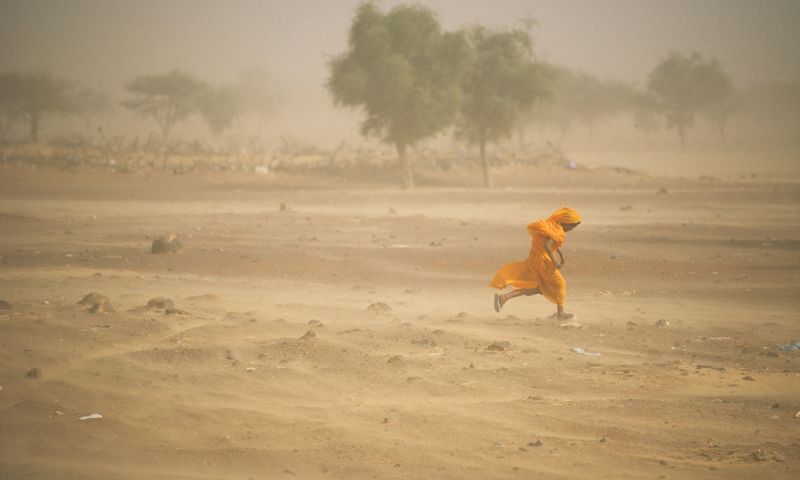UNITED NATIONS: The United Nations General Assembly has dedicated a decade, spanning from 2025 to 2034, to combatting the increasing incidence of sand and dust storms—severe weather phenomena posing significant environmental, economic, and human risks.
In a unanimous decision, the 193-member Assembly adopted a resolution titled “United Nations Decade on Combating Sand and Dust Storms (2025-2034),” marking a concerted global effort to address these meteorological challenges.
The resolution calls upon the UN Secretary-General to coordinate and organize activities under the Decade across global, regional, and national levels. Funding for these activities is expected to come from voluntary contributions, including from the private sector.
Uganda’s U.N. Ambassador, Godfrey Kwoba, who presented the resolution on behalf of the Group of 77 (developing countries), emphasized the initiative’s goal to mitigate the adverse effects of sand and dust storms through international and regional cooperation.
Presiding over the session was General Assembly President Dennis Francis.
A 2022 report from the United Nations Convention to Combat Desertification highlighted a dramatic increase in the frequency of sand and dust storms in recent years. These storms contribute to respiratory illnesses, agricultural losses, and desertification, although comprehensive impact documentation remains limited.
The report estimated that 2 trillion tons of sand and dust are emitted annually into the atmosphere, predominantly in arid and semi-arid regions with sparse vegetation. While natural conditions are primary contributors, droughts and climate change exacerbate the problem. Human activities, including unsustainable land management and water use, account for at least 25% of global dust emissions.
As part of the newly adopted decade-long initiative, the General Assembly mandated the UN Food and Agriculture Organization to promote mitigation practices in affected countries. These practices include sustainable land use management, agroforestry, shelter belts, afforestation/reforestation, and land restoration programs.
Additionally, the resolution calls for strengthened global cooperation to enhance early warning systems and facilitate the exchange of weather information crucial for forecasting sand and dust storms.























